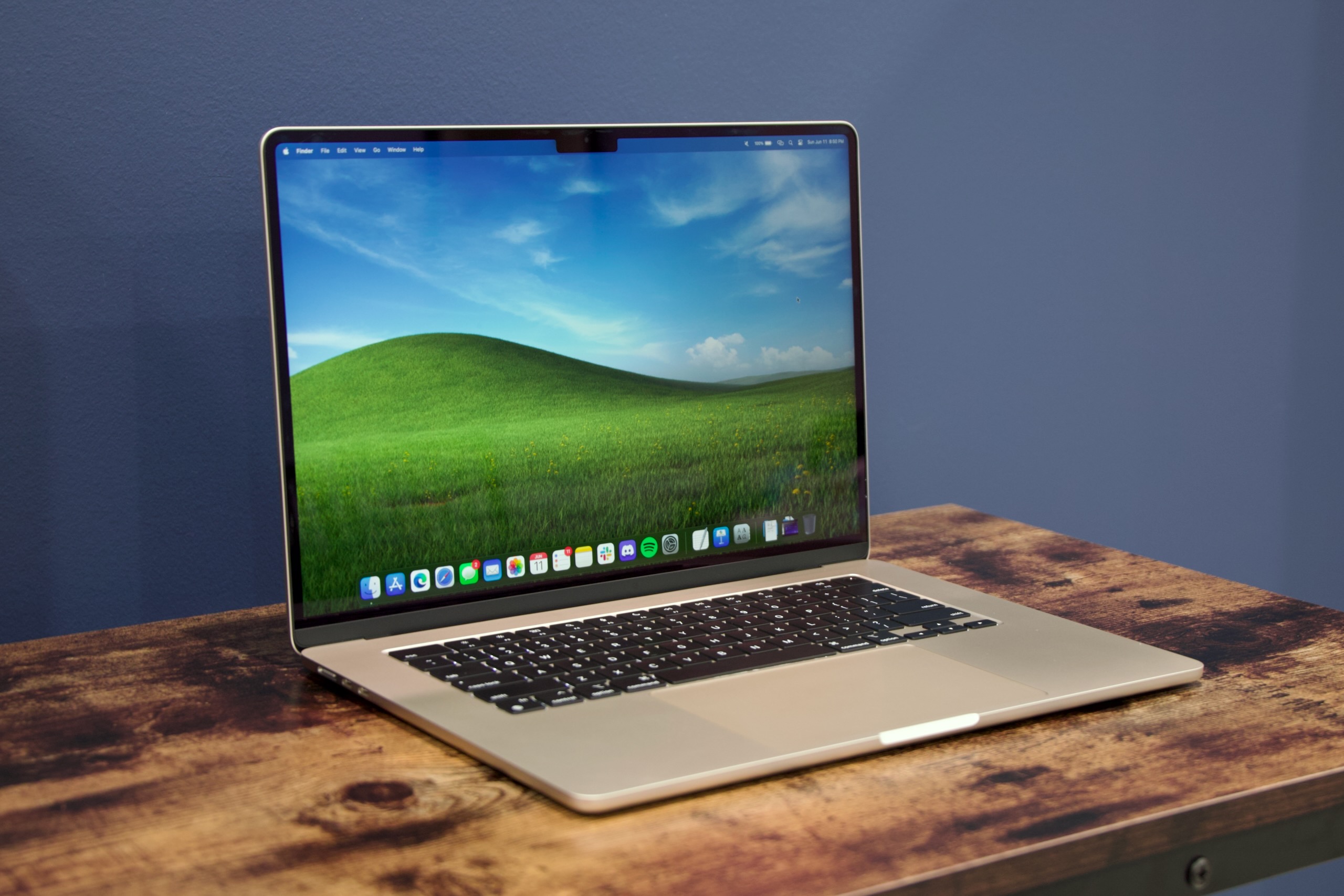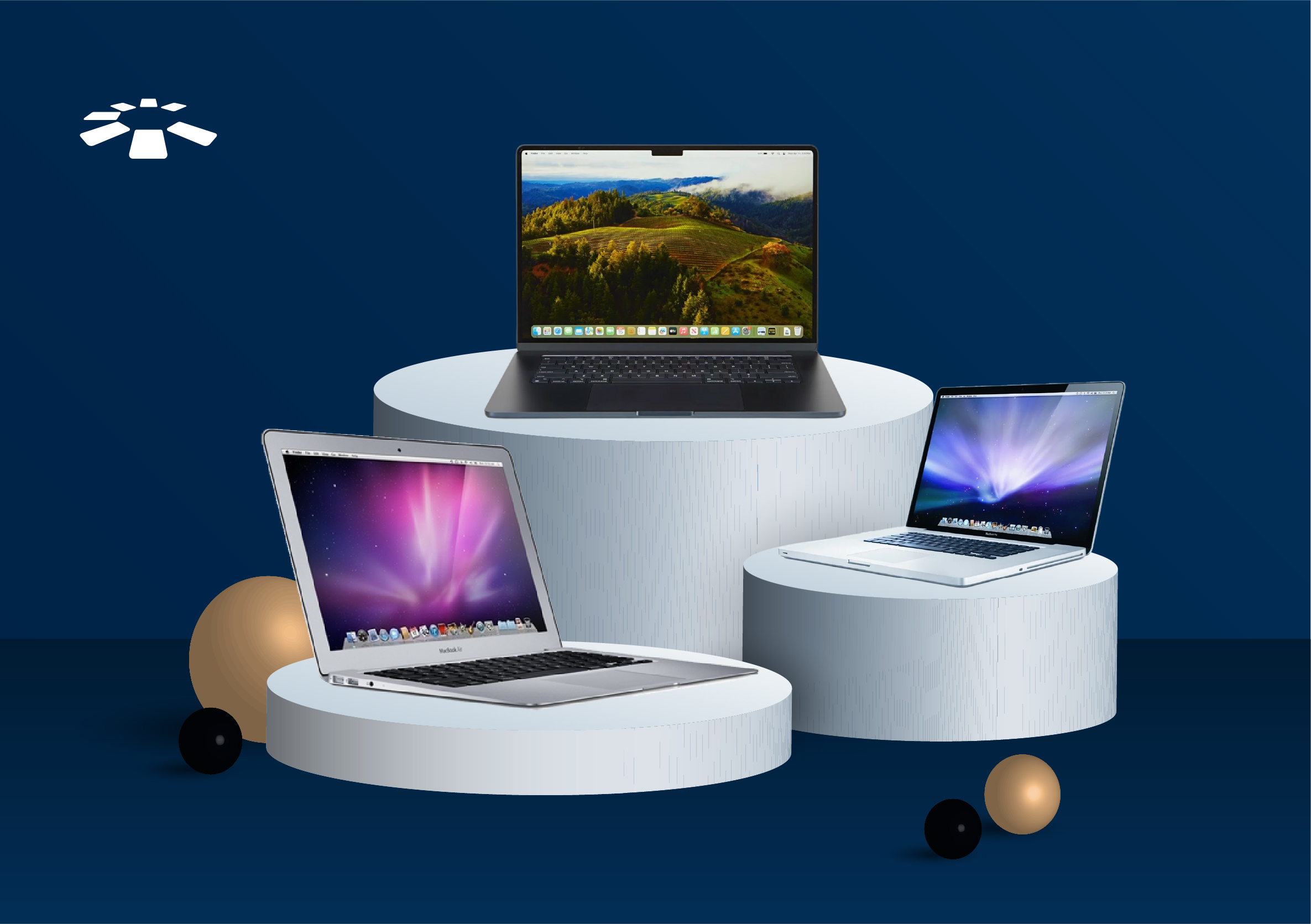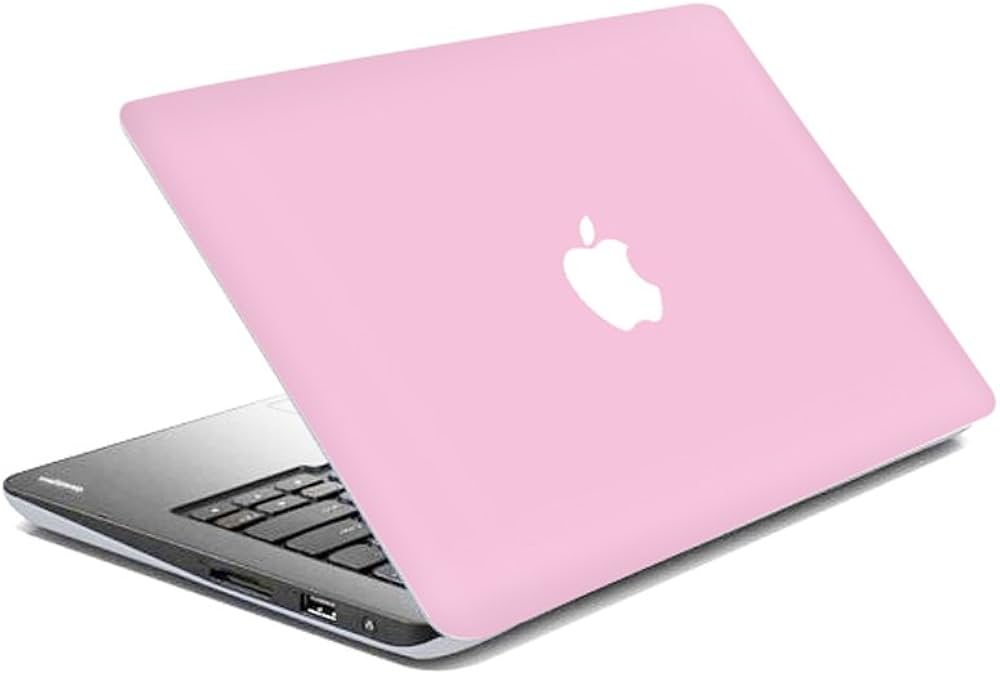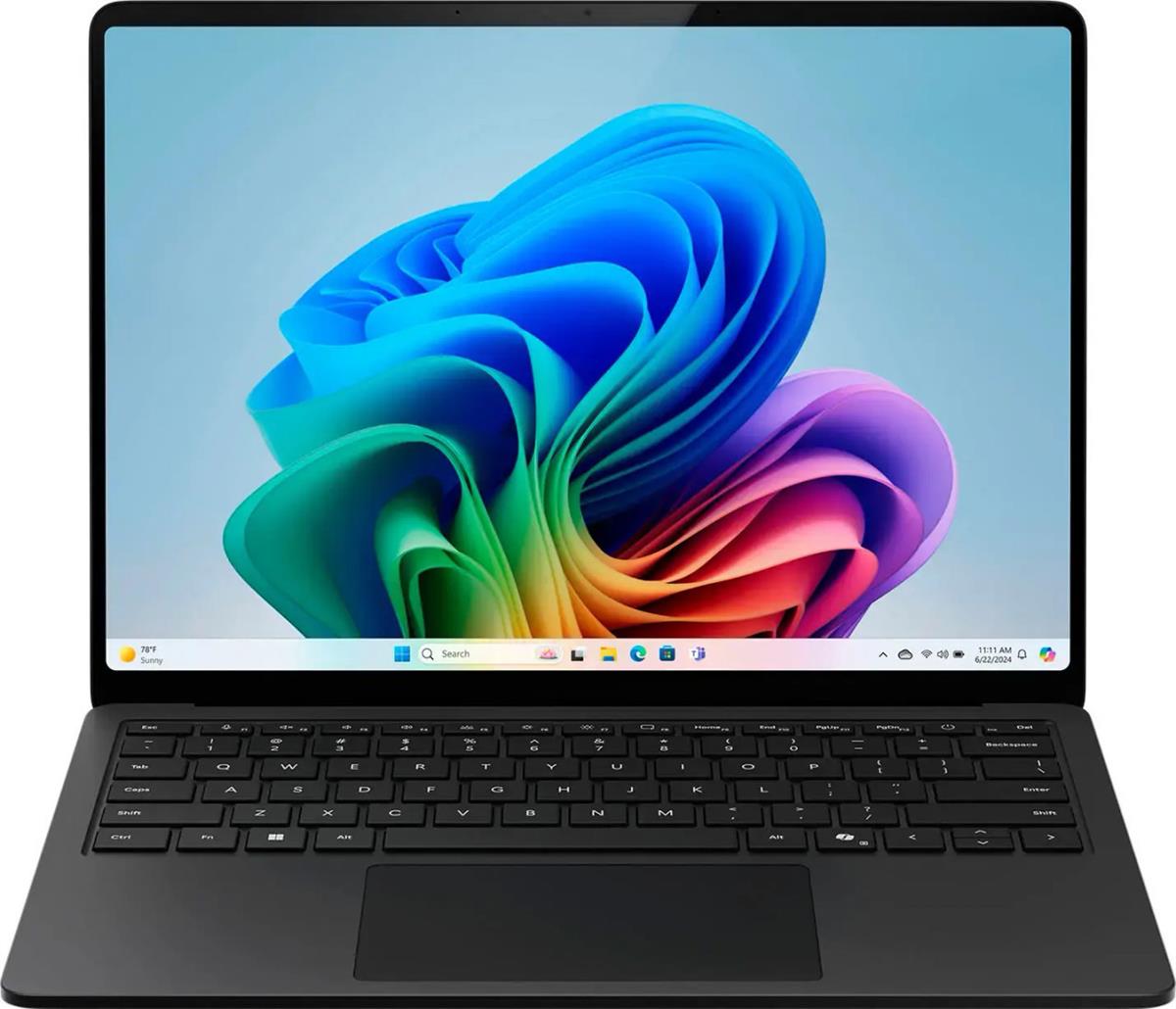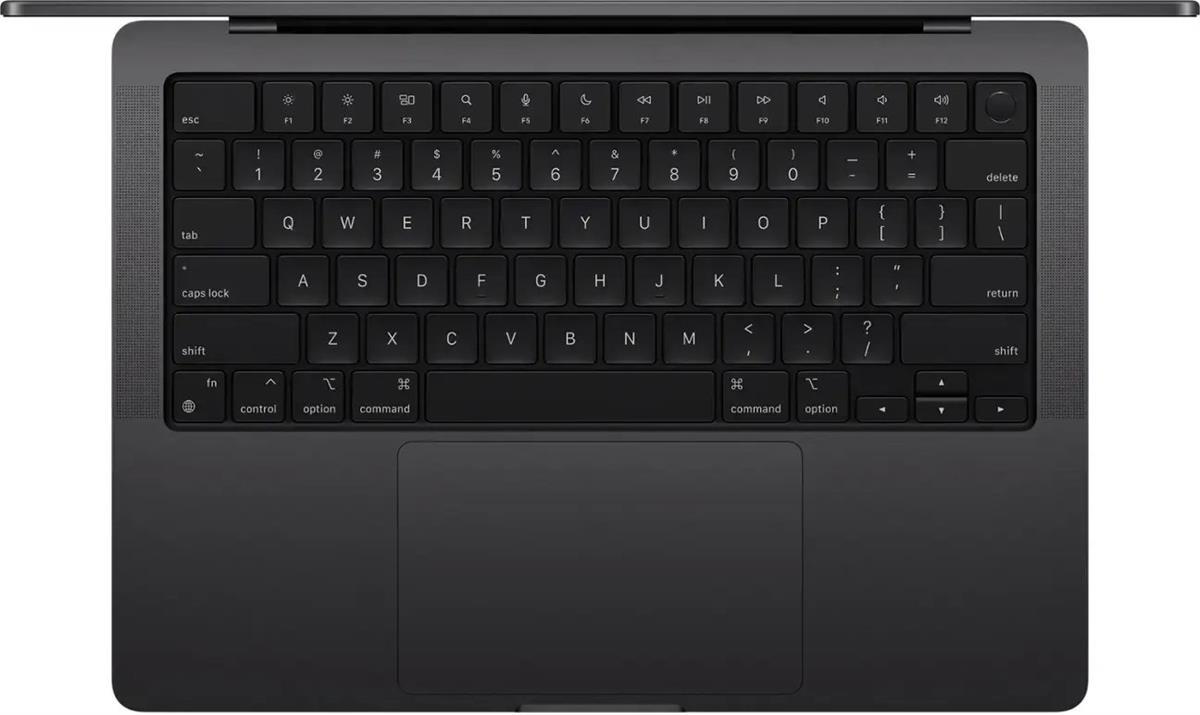
Best Laptops for Programming and Coding in 2025 With Fast Processors
Introduction
In 2025, programmers, developers, and coders need laptops that not only keep up with ever-evolving software and development environments but also offer robust performance, speed, and reliability. Whether you’re a web developer, game developer, data scientist, or software engineer, the right laptop can significantly enhance your productivity. This comprehensive guide outlines the best laptops for programming and coding in 2025 with an emphasis on fast processors, professional-grade specifications, and features tailored for different programming needs.
Why Choosing the Right Laptop Matters for Programmers
The laptop is a programmer’s primary tool. A slow, underpowered machine can limit performance, hinder multitasking, and delay project deadlines. Choosing a laptop with a fast processor, ample RAM, and SSD storage is vital for running IDEs (Integrated Development Environments), compilers, containers, and virtual machines smoothly.
Key Factors to Consider:
- Processor Speed and Generation (Latest Intel/AMD/Apple M-series)
- RAM (Minimum 16GB recommended)
- SSD Storage (512GB or more)
- Battery Life
- Operating System Compatibility (macOS, Windows, Linux)
- Portability and Build Quality
- Keyboard and Display Quality
Top Laptops for Programming and Coding in 2025
1. Apple MacBook Pro 16″ (M3 Pro/Max, 2025 Edition)
Best for: macOS developers, full-stack developers, iOS app development
Key Specifications:
- Apple M3 Pro or M3 Max Chip
- Up to 64GB Unified RAM
- 1TB SSD
- 16-inch Liquid Retina XDR Display
- macOS 14 Sequoia
- Up to 22 hours battery life
Pros:
- Exceptional performance for large codebases
- Long battery life
- Seamless macOS development
Cons:
- Premium pricing
- Limited upgradability
2. Dell XPS 15 (2025 Model)
Best for: Windows developers, data analysts, backend engineers
Key Specifications:
- Intel Core Ultra 9 15th Gen
- 32GB DDR5 RAM
- 1TB NVMe SSD
- 15.6″ OLED 4K+ Touchscreen
- Windows 12 Pro
Pros:
- High-resolution display
- Powerful processor
- Great keyboard for coding
Cons:
- Slightly heavier for portability
- Higher price point
3. Lenovo ThinkPad X1 Carbon Gen 13
Best for: Business coders, Linux enthusiasts, Python developers
Key Specifications:
- Intel Core Ultra 7
- 32GB LPDDR5 RAM
- 1TB SSD
- 14″ 2.8K OLED Anti-glare
- Ubuntu/Linux/Windows Dual Boot
Pros:
- Classic ThinkPad keyboard
- Military-grade durability
- Linux-friendly
Cons:
- No discrete GPU
- Expensive upgrades
4. ASUS ROG Zephyrus G14 (2025)
Best for: Game developers, 3D programming, machine learning
Key Specifications:
- AMD Ryzen 9 9955HX
- NVIDIA RTX 5080 GPU
- 32GB DDR5 RAM
- 1TB SSD
- 14″ QHD+ 165Hz Display
Pros:
- Excellent GPU for graphics-heavy tasks
- Advanced cooling system
- VR and game engine ready
Cons:
- Shorter battery life
- Fan noise under load
5. HP Spectre x360 16 (2025)
Best for: Front-end developers, UI/UX designers, hybrid coders
Key Specifications:
- Intel Core Ultra 7
- 16GB RAM (upgradeable)
- 1TB SSD
- 16″ OLED 3K Touchscreen
- Windows 12
Pros:
- Convertible design
- Stylus support for UI prototyping
- Lightweight and portable
Cons:
- Less powerful GPU
- Display may be too large for travel
Comparison Table of Top 5 Laptops
| Laptop Model | Processor | RAM | Storage | GPU | Battery Life |
|---|---|---|---|---|---|
| MacBook Pro 16″ M3 | Apple M3 Pro/Max | Up to 64GB | 1TB SSD | Integrated | Up to 22 hrs |
| Dell XPS 15 | Intel Ultra 9 | 32GB | 1TB SSD | Intel Iris / Optional NVIDIA | 12-15 hrs |
| Lenovo ThinkPad X1 Carbon | Intel Ultra 7 | 32GB | 1TB SSD | Integrated | 15-17 hrs |
| ASUS ROG Zephyrus G14 | Ryzen 9 9955HX | 32GB | 1TB SSD | RTX 5080 | 6-8 hrs |
| HP Spectre x360 16 | Intel Ultra 7 | 16GB | 1TB SSD | Intel Iris | 14-16 hrs |
Specialized Laptops for Programming Fields
For Web Developers
- MacBook Air M3 (Lightweight, fast boot)
- Framework Laptop 16 (Modular, customizable)
For Data Scientists
- Lenovo Legion Pro 7i (GPU + Tensor processing)
- HP ZBook Studio G10 (Workstation-grade specs)
For Ethical Hackers / Cybersecurity Experts
- TUXEDO InfinityBook Pro 14 (Linux native)
- Dell Latitude 7440 (Secure boot, TPM 2.0)
Programming Laptop Features to Avoid
- Low RAM (Under 8GB)
- Outdated CPUs (Older than 2022)
- Mechanical Hard Drives (HDDs)
- No SSD or Low Read/Write Speeds
- Non-backlit Keyboards
- Low-resolution Screens (<1080p)
SSD vs HDD for Programming
Solid State Drives (SSDs) offer significantly faster read/write speeds, leading to quicker boot times, faster file transfers, and snappier IDE launches. Programmers handling large files or working with databases benefit from NVMe SSDs.
Advantages of SSDs:
- Less power consumption
- Durable (no moving parts)
- Quieter and faster
Importance of RAM for Programmers
In 2025, 16GB is the new minimum standard for most coding tasks. For tasks like machine learning, running Docker containers, or virtual machines, 32GB or more is ideal.
Recommended RAM by Use Case:
- Basic coding / Web Dev – 16GB
- Game dev / ML / AI – 32GB+
- Virtual environments – 32GB+
Ideal Display Size and Resolution for Coders
Coding for long hours requires a screen that’s both easy on the eyes and offers enough space to view multiple windows side by side.
Recommended:
- Size: 14 to 16 inches
- Resolution: Minimum 1920×1080 (FHD), ideally 2560×1600 (QHD)
- Panel: IPS or OLED
Battery Life Considerations
While plugged-in performance matters, battery life is crucial for mobile developers or coders who travel often. MacBooks dominate battery benchmarks, followed closely by premium Windows ultrabooks.
Battery Optimization Tips:
- Use dark mode and reduce brightness
- Close unused background processes
- Switch to battery saver mode
Software Compatibility (Windows, Linux, macOS)
Depending on your development stack, some operating systems may be more suitable.
- macOS: Best for iOS/macOS apps, UNIX-based
- Windows: Broad compatibility, .NET, Windows apps
- Linux: Preferred for system programming, servers, cybersecurity
Future-Proofing Your Laptop
As development tools evolve, investing in a laptop with future-proof specs helps reduce frequent upgrades.
What to Look For:
- Latest CPU generation (2024+)
- DDR5 RAM
- Wi-Fi 7 support
- Thunderbolt 4 / USB4 ports
- 4K/120Hz display support
Conclusion
Choosing the best laptop for programming and coding in 2025 means aligning the machine with your specific development needs. Whether you’re building mobile apps, training AI models, or creating complex full-stack systems, the laptops listed above offer a great blend of performance, reliability, and speed.
